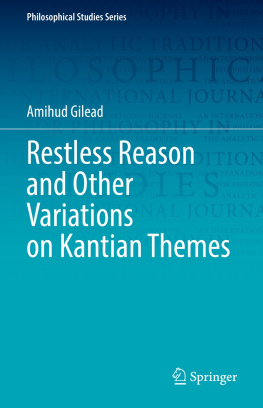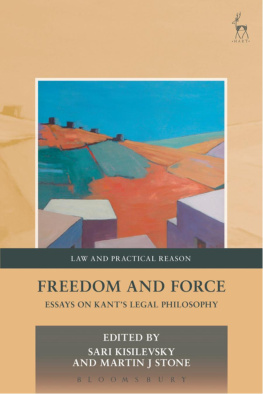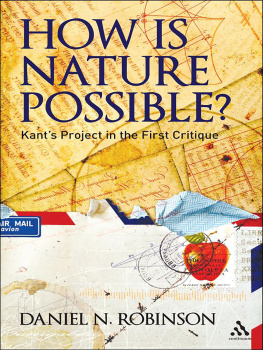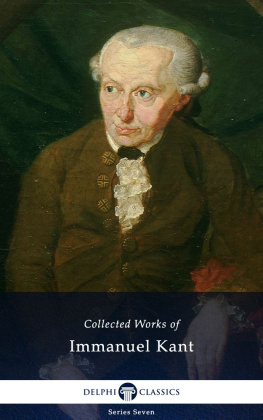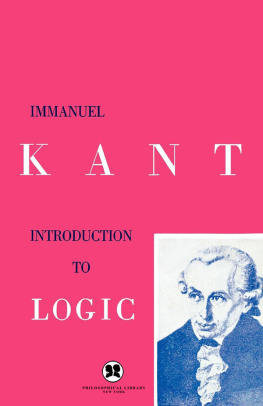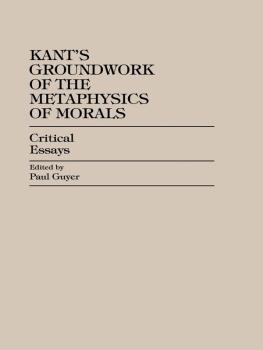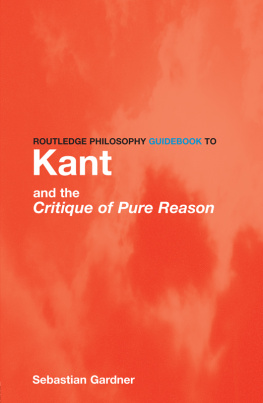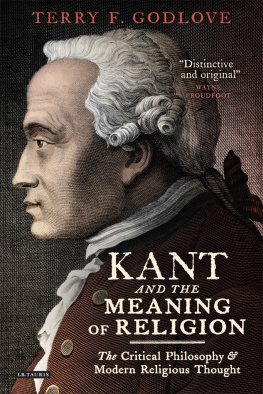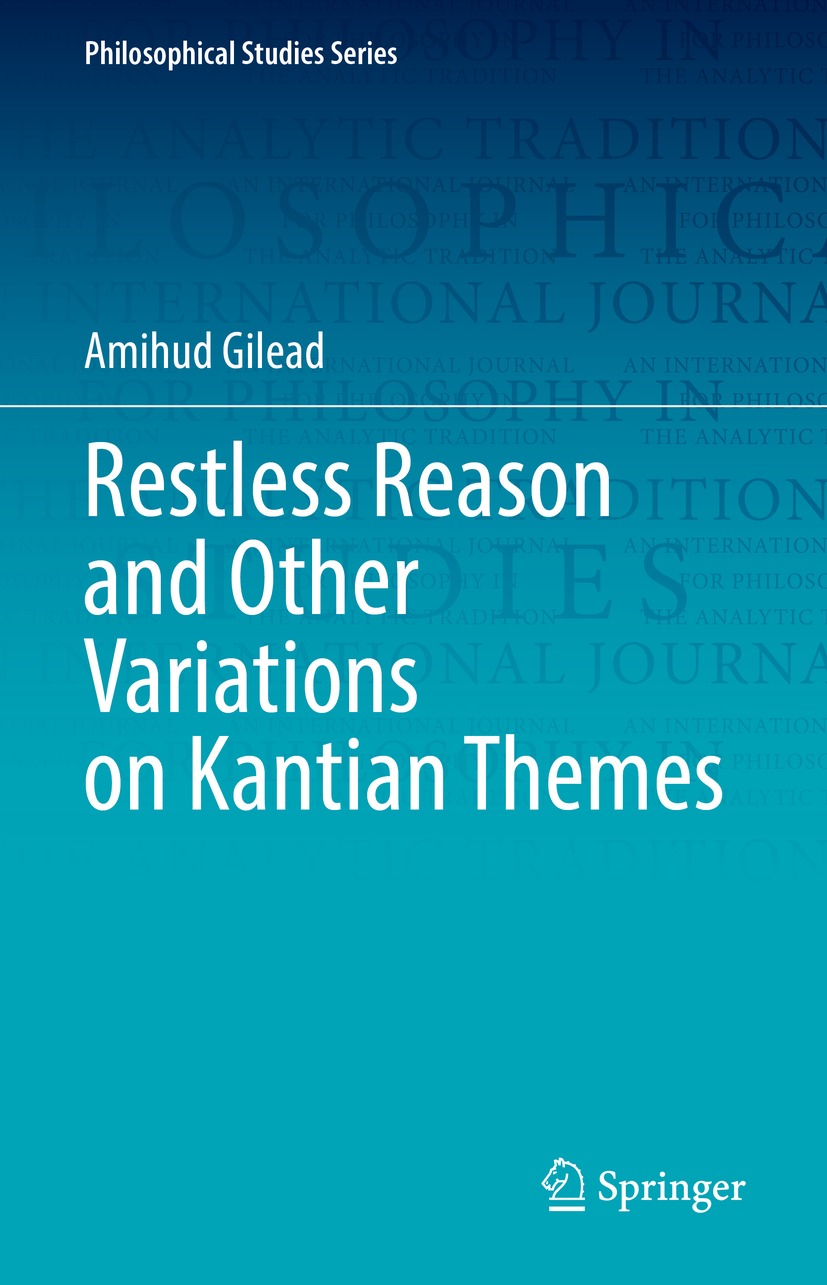Volume 147
Philosophical Studies Series
Editor-in-Chief
Mariarosaria Taddeo
Oxford Internet Institute, University of Oxford, Oxford, UK
Editorial Board
Patrick Allo
Vrije Universiteit Brussel, Brussel, Belgium
Advisory Editors
Lynne Baker
Department of Philosophy, University of Massachusetts, Amherst, USA
Stewart Cohen
Arizona State University, Tempe, AZ, USA
Radu Bogdan
Dept. Philosophy, Tulane University, New Orleans, LA, USA
Marian David
Karl-Franzens-Universitt, Graz, Austria
John Fischer
University of California, Riverside, Riverside, CA, USA
Keith Lehrer
University of Arizona, Tucson, AZ, USA
Denise Meyerson
Macquarie University, Sydney, Australia
Francois Recanati
Ecole Normale Suprieure, Institut Jean Nicod, Paris, France
Mark Sainsbury
University of Texas at Austin, Austin, TX, USA
Barry Smith
State University of New York at Buffalo, Buffalo, NY, USA
Nicholas Smith
Department of Philosophy, Lewis and Clark College, Portland, OR, USA
Linda Zagzebski
Department of Philosophy, University of Oklahoma, Norman, OK, USA
Philosophical Studies Series aims to provide a forum for the best current research in contemporary philosophy broadly conceived, its methodologies, and applications. Since Wilfrid Sellars and Keith Lehrer founded the series in 1974, the book series has welcomed a wide variety of different approaches, and every effort is made to maintain this pluralism, not for its own sake, but in order to represent the many fruitful and illuminating ways of addressing philosophical questions and investigating related applications and disciplines.
The book series is interested in classical topics of all branches of philosophy including, but not limited to:
Ethics
Epistemology
Logic
Philosophy of language
Philosophy of logic
Philosophy of mind
Philosophy of religion
Philosophy of science
Special attention is paid to studies that focus on:
the interplay of empirical and philosophical viewpoints
the implications and consequences of conceptual phenomena for research as well as for society
philosophies of specific sciences, such as philosophy of biology, philosophy of chemistry, philosophy of computer science, philosophy of information, philosophy of neuroscience, philosophy of physics, or philosophy of technology; and
contributions to the formal (logical, set-theoretical, mathematical, information-theoretical, decision-theoretical, etc.) methodology of sciences.
Likewise, the applications of conceptual and methodological investigations to applied sciences as well as social and technological phenomena are strongly encouraged.
Philosophical Studies Series welcomes historically informed research, but privileges philosophical theories and the discussion of contemporary issues rather than purely scholarly investigations into the history of ideas or authors. Besides monographs,Philosophical Studies Series publishes thematically unified anthologies, selected papers from relevant conferences, and edited volumes with a well-defined topical focus inside the aim and scope of the book series. The contributions in the volumes are expected to be focused and structurally organized in accordance with the central theme(s), and are tied together by an editorial introduction. Volumes are completed by extensive bibliographies.
The series discourages the submission of manuscripts that contain reprints of previous published material and/or manuscripts that are below 160 pages/88,000 words.
For inquiries and submission of proposals authors can contact the editor-in-chief Mariarosaria Taddeo via: mariarosaria.taddeo@oii.ox.ac.uk
More information about this series at http://www.springer.com/series/6459
Amihud Gilead
Restless Reason and Other Variations on Kantian Themes
1st ed. 2022

Logo of the publisher
Amihud Gilead
Department of Philosophy, University of Haifa, Haifa, Israel
ISSN 0921-8599 e-ISSN 2542-8349
Philosophical Studies Series
ISBN 978-3-030-84196-6 e-ISBN 978-3-030-84197-3
https://doi.org/10.1007/978-3-030-84197-3
The Editor(s) (if applicable) and The Author(s), under exclusive license to Springer Nature Switzerland AG 2022
This work is subject to copyright. All rights are solely and exclusively licensed by the Publisher, whether the whole or part of the material is concerned, specifically the rights of translation, reprinting, reuse of illustrations, recitation, broadcasting, reproduction on microfilms or in any other physical way, and transmission or information storage and retrieval, electronic adaptation, computer software, or by similar or dissimilar methodology now known or hereafter developed.
The use of general descriptive names, registered names, trademarks, service marks, etc. in this publication does not imply, even in the absence of a specific statement, that such names are exempt from the relevant protective laws and regulations and therefore free for general use.
The publisher, the authors and the editors are safe to assume that the advice and information in this book are believed to be true and accurate at the date of publication. Neither the publisher nor the authors or the editors give a warranty, expressed or implied, with respect to the material contained herein or for any errors or omissions that may have been made. The publisher remains neutral with regard to jurisdictional claims in published maps and institutional affiliations.
This Springer imprint is published by the registered company Springer Nature Switzerland AG
The registered company address is: Gewerbestrasse 11, 6330 Cham, Switzerland
In memory of my late wife
Ruthie
In memory of my late
mentors of Kants Philosophy
Nathan Rotestreich
and
A. Zvi Bar-On
Preface
The well-known American analytic philosopher, the late Wilfrid Sellars, is considered as believing to develop his philosophy in a continuous dialogue with the work of Immanuel Kant (Haag 2012, p. 111). Indeed, Sellarss book (1978) is entitled Science and Metaphysics: Variations on Kantian Themes. I named, my non-Sellarian thoughts on some of Kant themes, as variations on his thought.
The fact is that there is no philosopher after Kant whose thoughts do not maintain, implicitly or explicitly, a dialogue with his work. His influence upon his followers and critics is amazing. The most influencing philosophers of the twentieth century criticize him and borrow no less from him (think, for instance, of the analytic/synthetic dichotomy and that of a priori/a posteriori in Quine, Davidson, Putnam, and many other philosophers). Kant has contributed considerably to the time-honored controversy about metaphysics and its relationship with natural sciences. Many analytic philosophers, even today, have ignored the history of philosophy except for Kants work and, sometimes, Leibniz and Hume, but Kant is mentioned and referred to more than any other philosopher of the past.

